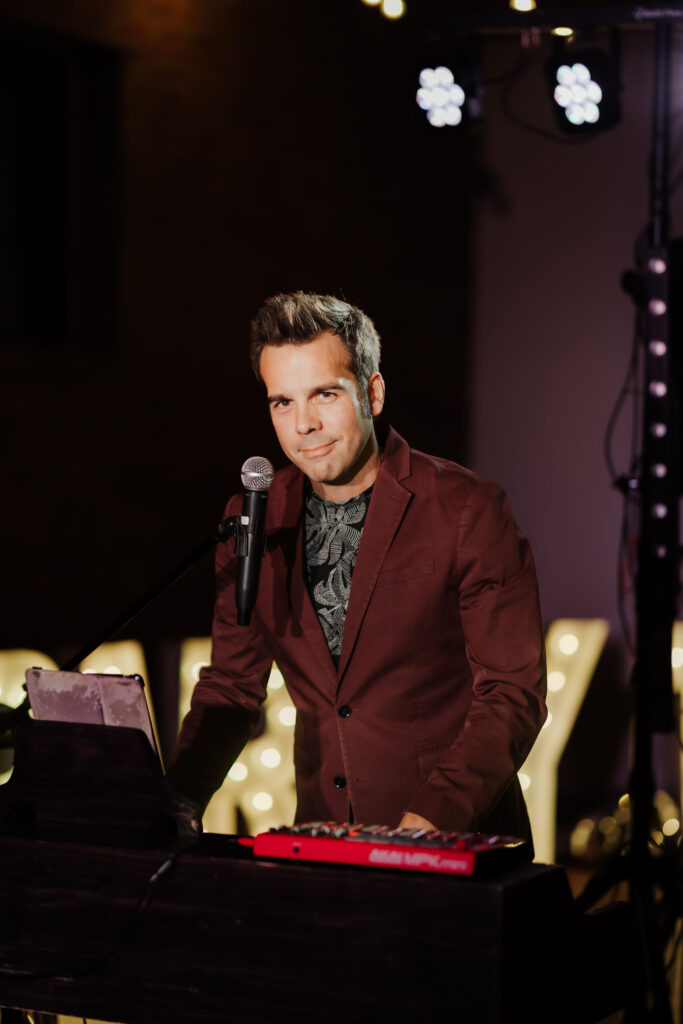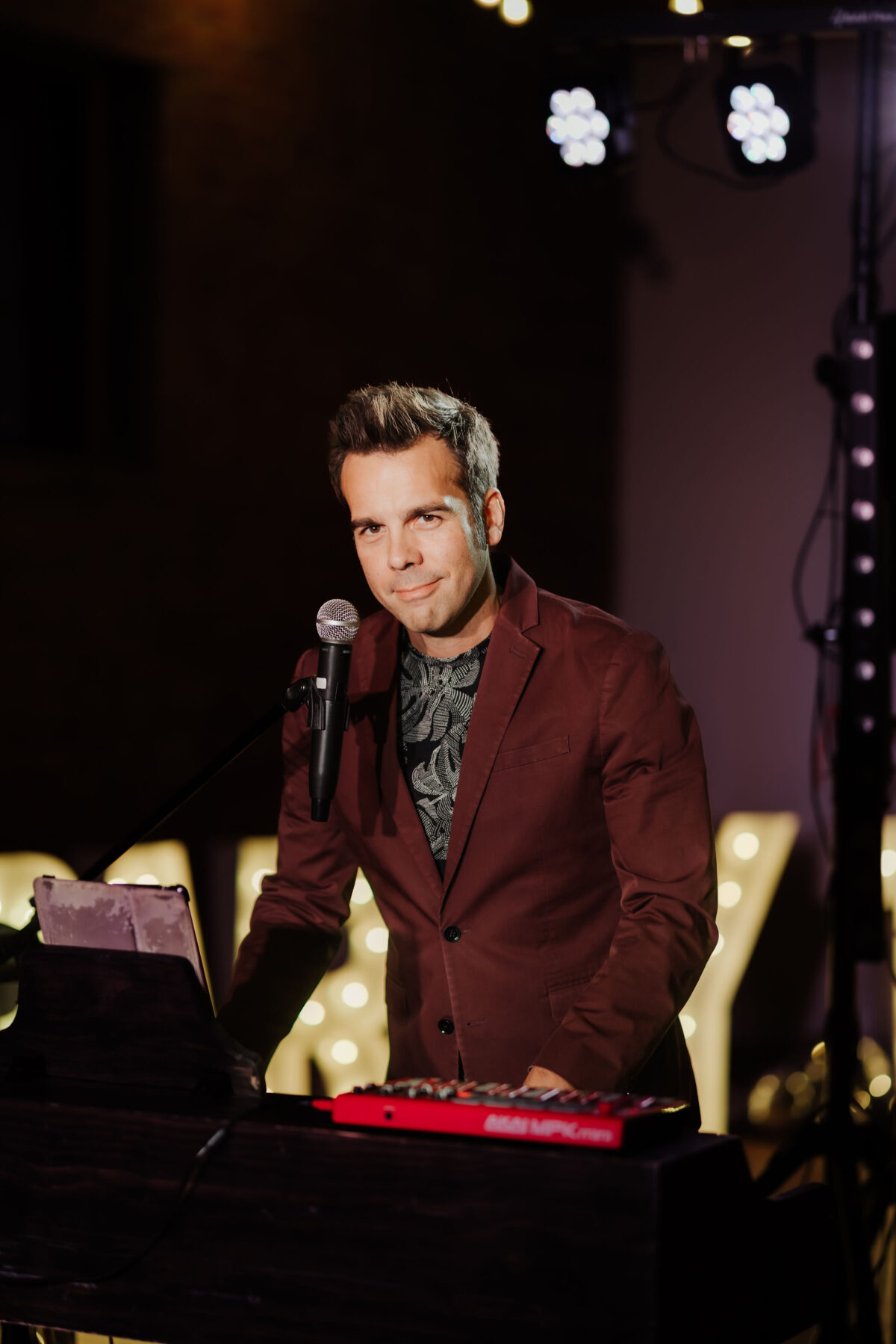Workplace Leadership: My Boss Résumé

Workplace leadership has been a fascination for me since my time at UMKC, studying nonprofit management and innovation. This lovely, fledgling company is expanding, and Alaina will be taking the role of social media manager and booking agent.
To dispel any mysteries and/or awkwardness around my persona as a manager, I’ve prepared the following document for her.
Paul as a boss
Expressing Appreciation
When I’m making an effort to see to, communicate with you, and find us projects to collaborate on, then I’m expressing my appreciation. Long periods of time might pass without me expressing my gratitude verbally, but that doesn’t mean it doesn’t exist. However, I will receive a verbal compliment deeply and remember it forever. I’m comfortable with high-fives, handshakes, literal pats-on-the-back, and brief casual hugs, but in professional relationships I avoid much physical contact beyond that.
GRUMPY
I’m liable to become frustrated if I feel like I’ve had to repeat myself several times, as I begin to feel my time is being wasted. Similarly, I’ll get confounded when someone “ghosts” me in the middle of a business relationship. I’ve had multiple colleagues tell me that my standards are too high and I take work too seriously. A good way to reassure me is to encourage me to “look from the balcony”, and everything’s going to work out. :-). Even reminding me not to get too hung up on pushing my workplace leadership agenda…that’s helpful.
Skewed Encouragement
I very much enjoy artists who take risks and find authentic, honest ways to express themselves. This is an ideal I also try to cultivate in myself. I have much respect for these people, and I frequently encourage the people who work for me to find ways to express their own identify through their art, or at least find something joyful in what could easily be mundane. When fellow musicians report to me “this is just a job”, or they prioritize drugs & alcohol, I can get crestfallen quickly. I sometimes struggle to find a healthy detachment from my music career. At my lowest, I always find solace in my family. At my highest, I’m collaborating in a healthy, vibrant community of artists, and I’m helping musicians support themselves financially.
Communication and Boundaries
At 42 years old, my communication-ettiequte is both elder-millennial and young gen-x. I will not text or email negativity, and I prefer to administer feedback and/or criticism in person, usually in private. If the criticism is especially pointed, I’ll ask for a third party to monitor the conversation. Sometimes there are fun ideas or dialogues that will flow faster in a zoom-call or phone call, and if a text conversation is becoming too cumbersome for me, I’ll request to port it over to a different method of communication. I’ll utilize text for brief exchanges of information, and I prefer a response by the end of the day. I’ll utilize emails for sharing broader information or focused computer work, and I prefer a response from emails within 24 hours. Show-time is a bad time to try to reach me, unless in an emergency. I’m not a fan of group-chats and will nonchalantly exit them if the information doesn’t pertain to me. I want to detach from social media, using my day to focus on health, exercise, and coordinating creative projects and production.
Songwheels
I’m the band-leader for Songwheels, my favorite party-band in Kansas City, and I’m used to being around people with big, quirky personalities. I love them! A band, like or not, can sometimes feel like a workplace, in need of workplace leadership. Being emotionally aware of our quirks and flaws allows us more grace, and the good times can keep rolling.




